In the construction of modern urban infrastructure, the application of new materials has gradually become a key factor in improving project quality and efficiency.
Among them, SMC or FRP inspection Manholes have attracted much attention due to their excellent performance.
This type of inspection well is made of glass fiber reinforced thermosetting resin composite material. It is not only light in weight and high in strength, but also has excellent corrosion resistance and insulation properties, making it widely used in urban drainage, water supply, electricity and communications.
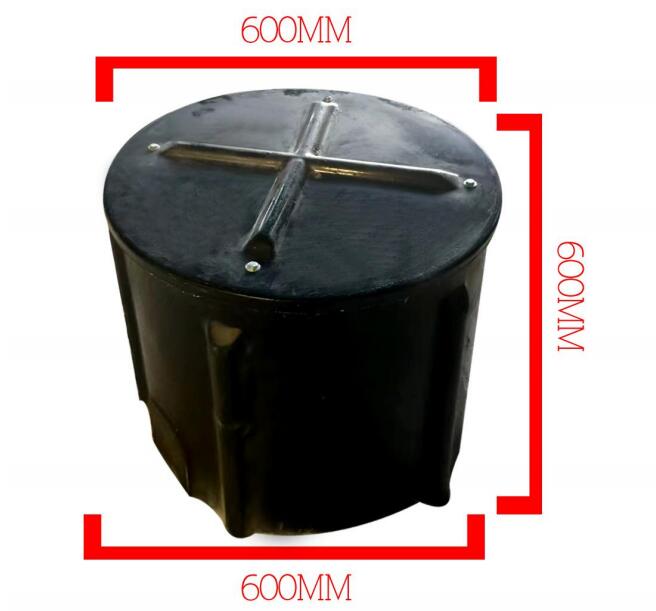
For FRP communication inspection manhole,Its light weight greatly reduces the difficulty of transportation and installation, while its high strength and corrosion resistance ensure its long-term use in harsh environments.
Traditional inspection Manholes are mostly made of concrete or plastic. Although they are common, they have obvious disadvantages: concrete inspection wells are heavy and easy to corrode; plastic inspection wells are light but have limited load-bearing capacity, and both are inevitably faced with problems of frequent maintenance and short service life.
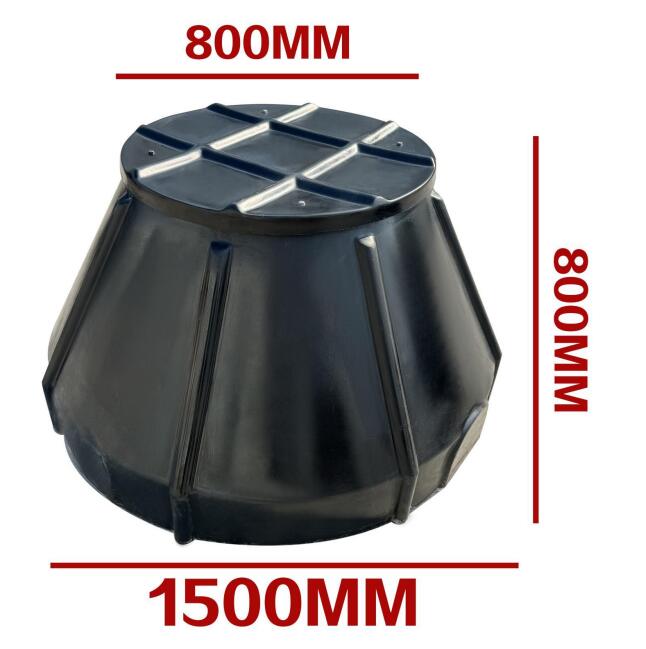
Glass fiber reinforced plastic (FRP) is a composite material composed of resin and glass fiber, which has many advantages such as light weight, high strength, corrosion resistance and fatigue resistance.
The strength of the FRP manhole mainly depends on its material composition, structural design and manufacturing process. High-quality materials and reasonable structural design can ensure that the manhole has sufficient strength and stability to withstand external pressure and internal stress under various environmental conditions. At the same time, advanced manufacturing technology can ensure the manufacturing accuracy and quality of the manhole, thereby improving its overall strength and service life.
In practical applications, the FRP integrated inspection well body needs to be able to withstand the pressure from fluids such as sewage and rainwater, as well as the influence of natural forces such as wind and earthquake from the external environment. Therefore, the strength design of the body needs to fully consider these factors and take corresponding measures to strengthen and optimize it.
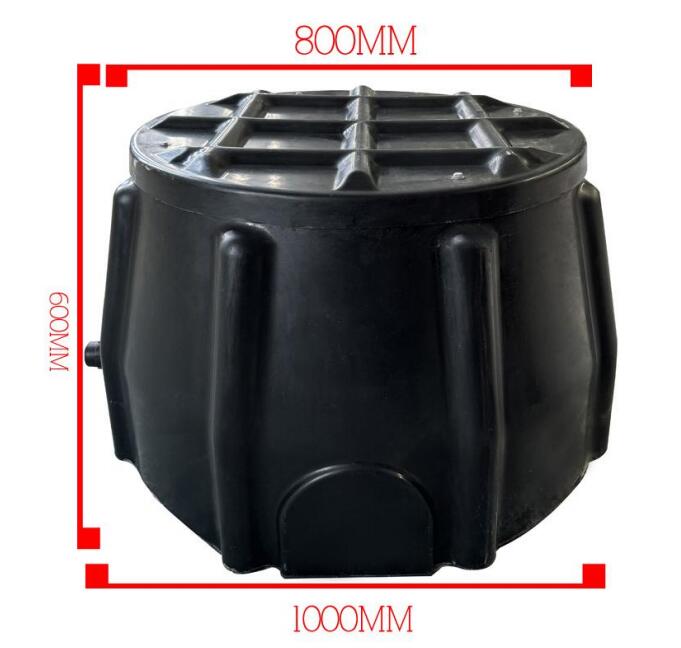
There are differences in materials and properties between FRP manholes and Plastic material nanholes, FRP is a composite material. FRP handholes are high-strength, corrosion-resistant, and insulated, and are suitable for many fields. When choosing, you need to consider project requirements, environment, and cost.
Advantages of FRP Communication cable inspection manhole
High strength: Due to the reinforcement of glass fiber, FRP Manhole well has a high load-bearing capacity.
Corrosion resistance: The resin material gives it good corrosion resistance and is suitable for various harsh environments.
Insulation: The excellent insulation performance makes it particularly suitable for occasions such as electricity and communications that require electrical isolation.
Waterproof and fireproof: It can effectively prevent the intrusion of moisture and flames.
Light and easy to install: Compared with traditional materials, FRP hand hole wells are lighter and easier to transport and install.
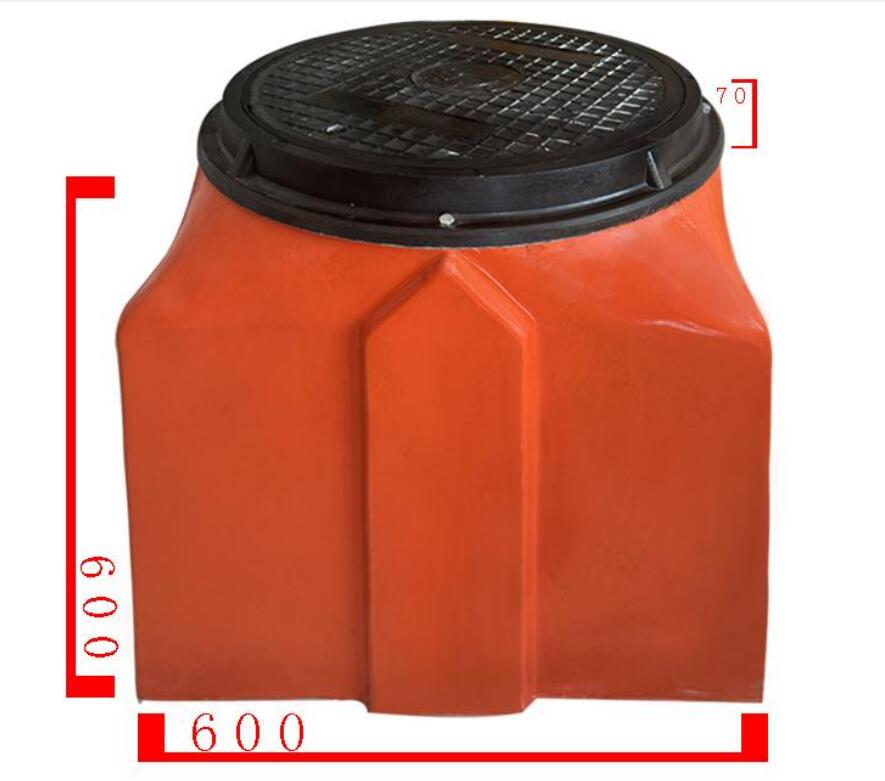
It is widely used in underground pipeline systems in cities, industrial parks, etc., and is used for cable layout and management in the fields of electricity, communications, gas, water supply and drainage.
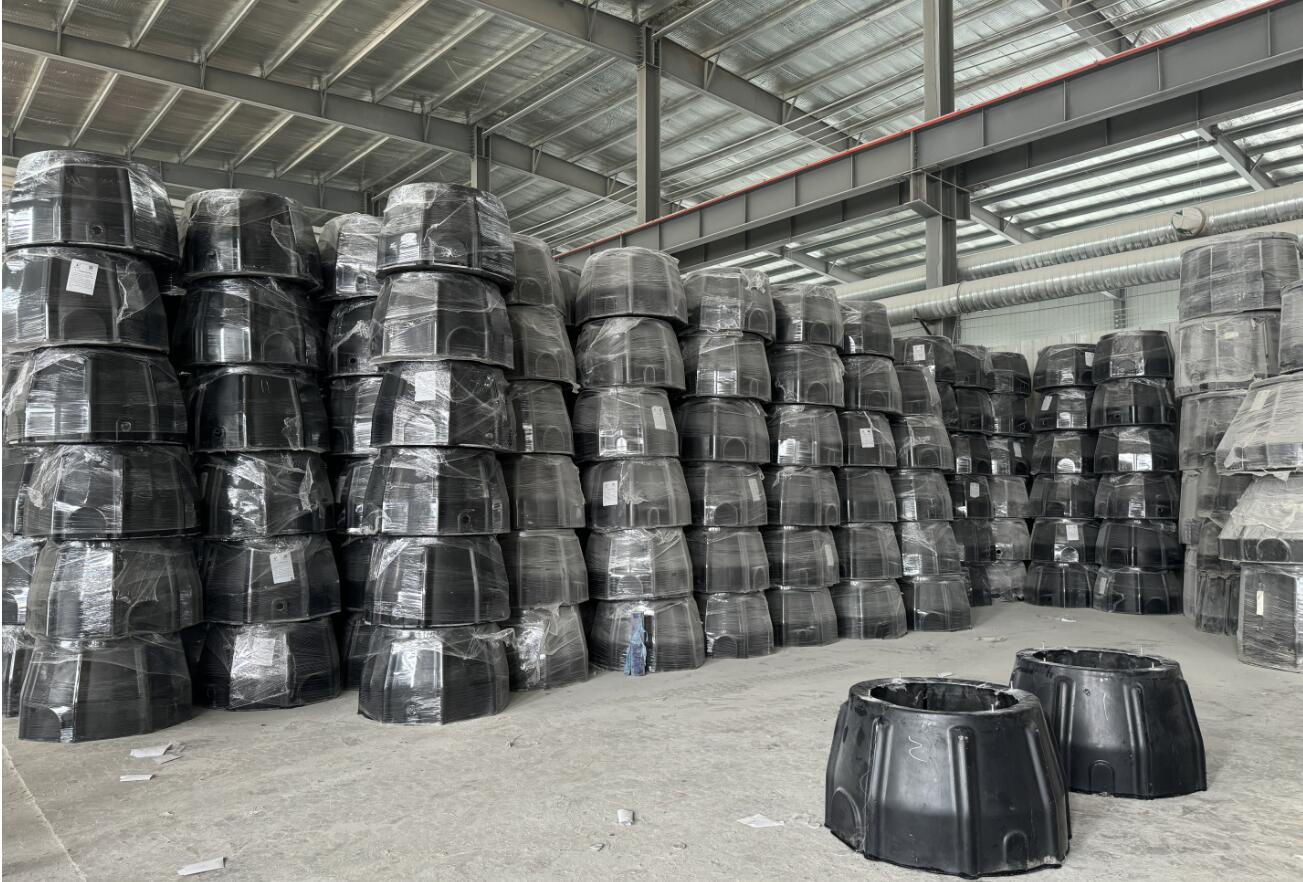


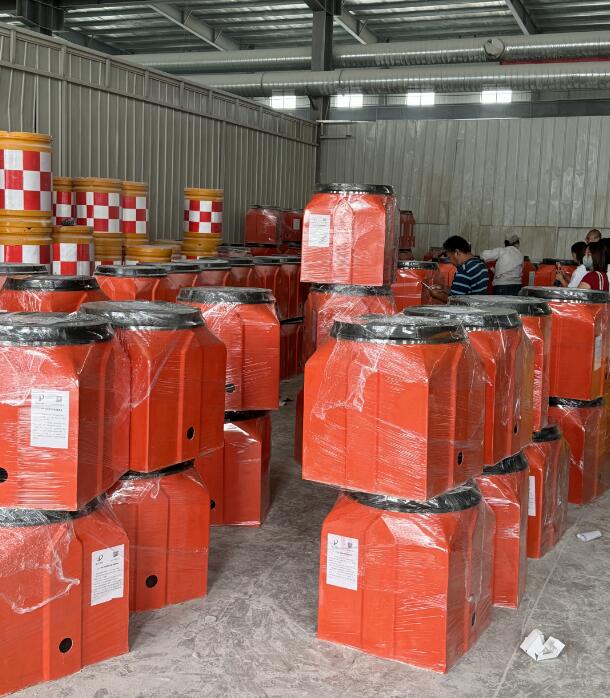
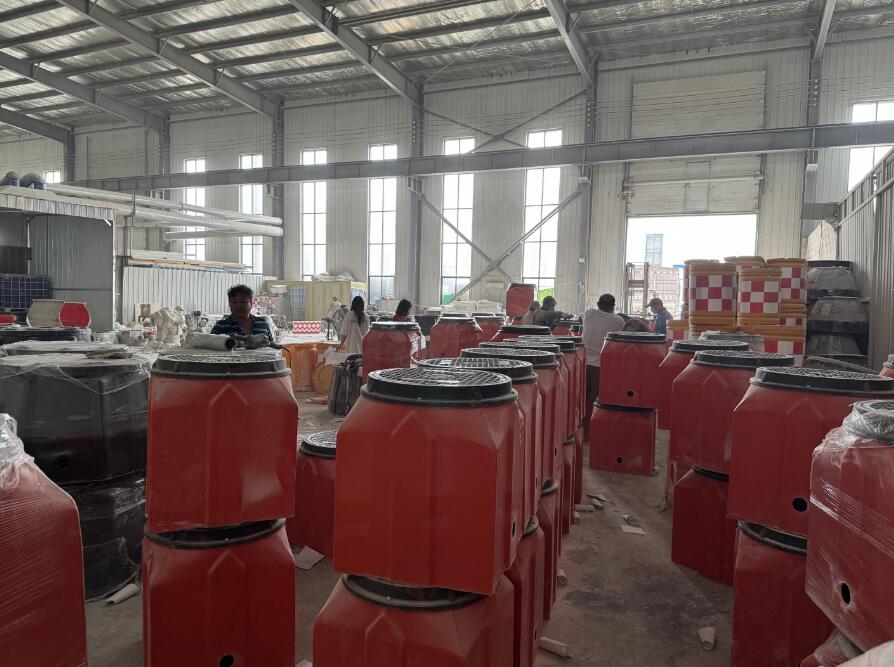






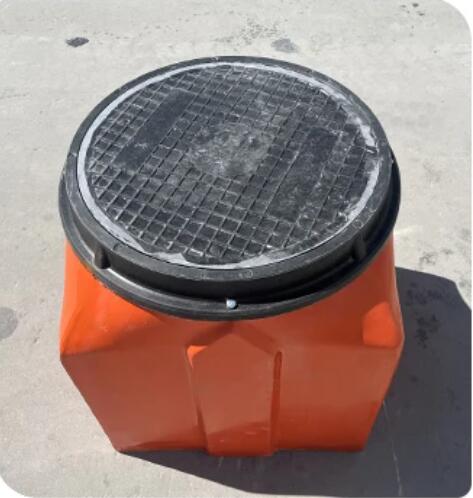
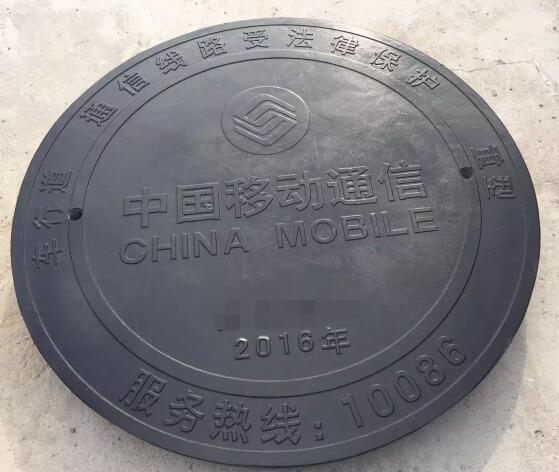
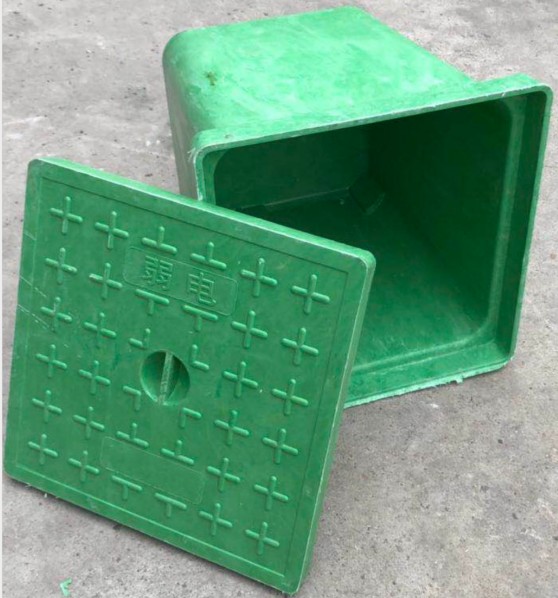
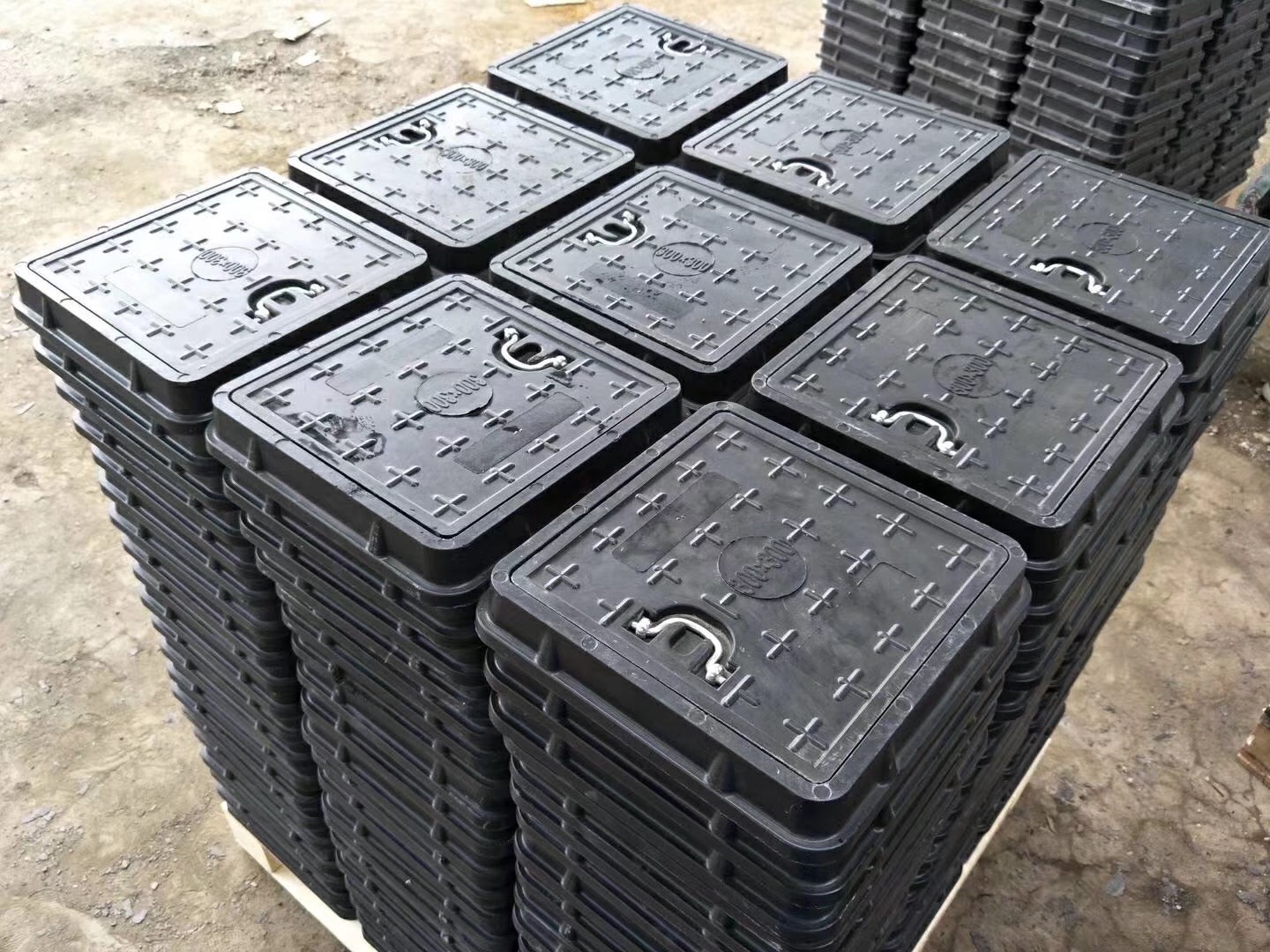
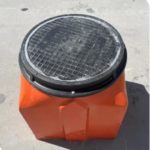 FRP communication inspection manhole with cover | buried Communication cable inspection manhole
FRP communication inspection manhole with cover | buried Communication cable inspection manhole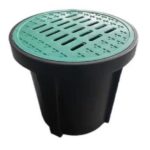 Plastic manhole with Composite cover for Rainwater collection and infiltration
Plastic manhole with Composite cover for Rainwater collection and infiltration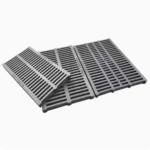 High strength plastic drainage channel cover china | China HDPE Channel Trench Drain Cover
High strength plastic drainage channel cover china | China HDPE Channel Trench Drain Cover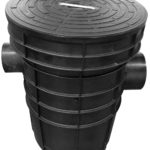 Plastic Oil-water separation chamber | grease interceptor|household kitchen oil and water filtration separation
Plastic Oil-water separation chamber | grease interceptor|household kitchen oil and water filtration separation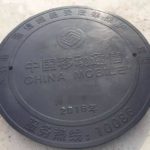 Gmt composite manhole cover and gmt grating in China
Gmt composite manhole cover and gmt grating in China